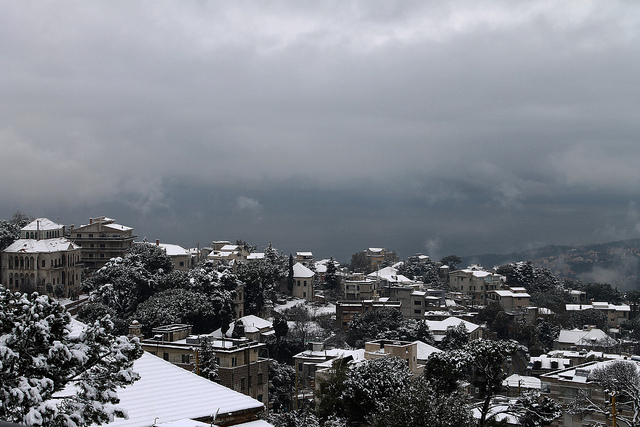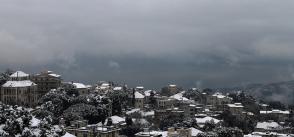
24/7 Water Supply in Beirut: Fantasy or Reality?
Population density and less snow or rainfall places pressure on Greater Beirut’s water supply.
Lebanon is a small country with a ridge of limestone mountains close to its coast. Most of its fresh water is stored in mountain snowcaps or in the ground, the rest of it washing through cracks and caverns into the sea, feeding the thousands of wells that supply water to the capital of Beirut and its surrounding areas along the way.
Snow was abundant in the past, but more recently climate change has led to a decrease in the volume of water generally available, especially in the hot summer months of May to September.
Monitoring rainfall is an important part of the work of the Greater Beirut and Mount Lebanon Water Establishment, which manages the water supply of half Lebanon’s population. Its Director-General, Joseph Nseir, checks on the quantities of snow, water, and rainfall daily. His worries increase when the quantities fall.
Nseir knows that the only way to secure the water supply is to expand the storage of water and improve the management of it.
Read the full article by Mohamad Azakir via World Bank web site.
[Photo by rabiem22 | Flickr]







